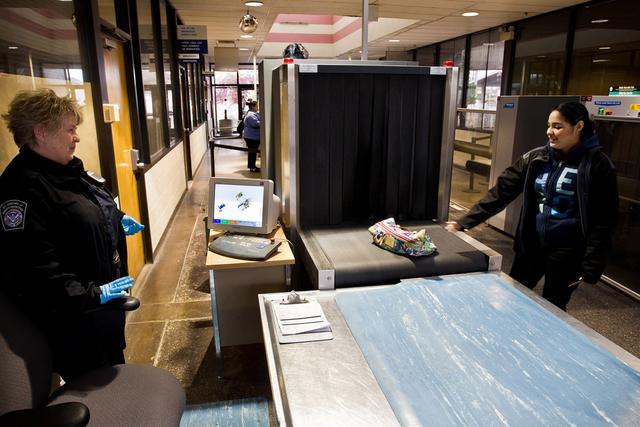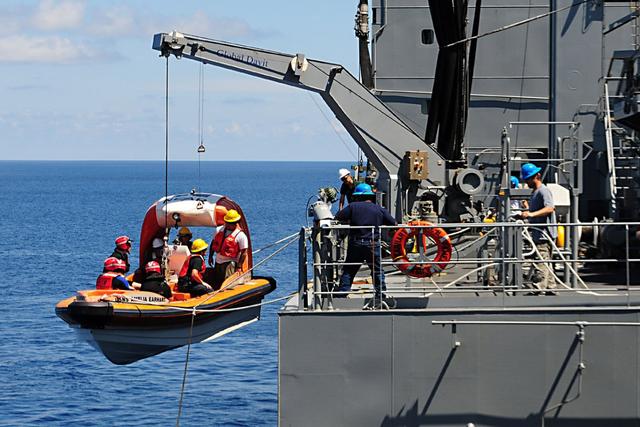Customs Brokers
Overview

Introduction
Customs brokers help importers and exporters comply with federal regulations for imports and exports. They are knowledgeable about the import and export rules and regulations for the geographical locations where their clients goods are being shipped from and delivered to. They file the required documentation and payments to the U.S. Customs and Border Protection (CBP) on behalf of their clients. Customs brokers must be licensed, which entails a background examination and passing an exam. The CBP reports that there are 14,454 active ...
Quick Facts
Median Salary
Employment Prospects
Minimum Education Level
Experience
Skills
Personality Traits
Earnings
The average annual salary for customs brokers employed in November 2024 was $75,242, according to ZipRecruiter.com. Salaries ranged from $40,000 to $98,500 or higher.
The U.S. Department of Labor does not provide salary information specifically for customs brokers. The job that most closely resembles that of customs brokers is business operations specialists ("all other"); in May 2023, s...
Work Environment
Customs brokers work mostly in offices and they work full-time hours. International shipping occurs at all hours of the day and night, so depending on the job, some customers brokers may be on call beyond the normal work day. This may entail working weekends and holidays. The workload is usually steady and the environment is fact-paced and often hectic. Travel may be required also, which could ...
Outlook
Customs brokers will have good employment opportunities in the near future. The U.S. Department of Labor predicts that employment for business operations specialists, including customs brokers, will grow by 5 percent through 2033, about as fast as the average for all occupations. Customs regulations change regularly and as new regulations are introduced, customs brokers and other related profes...







































































